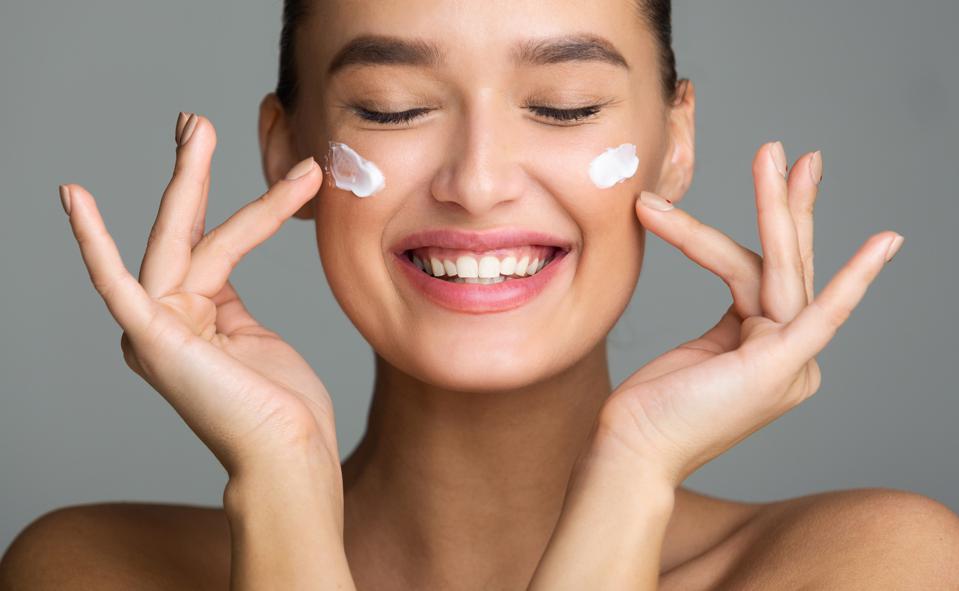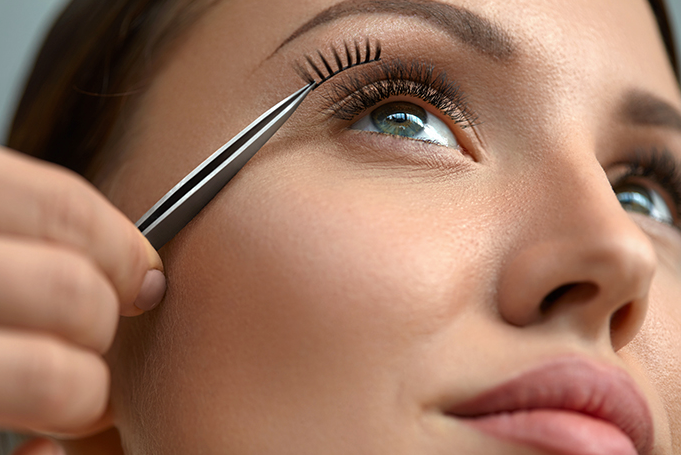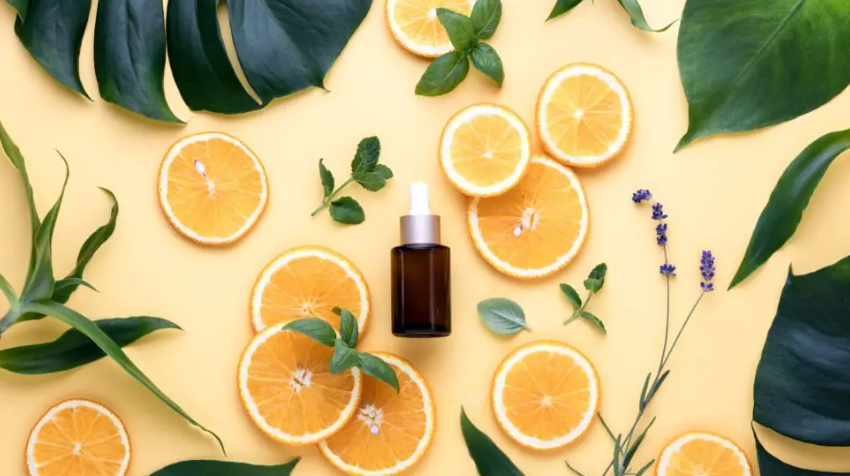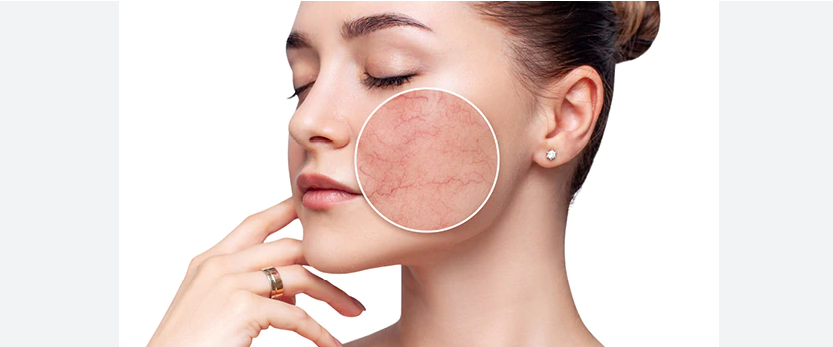Retinol is a skincare ingredient that's been a popular warrior of wrinkles & anti-aging for decades. It's a form of vitamin A, which is known for its ability to improve the overall health and appearance of the skin. Retinol is effective in reducing the appearance of fine lines, wrinkles, dark spots and other forms of hyperpigmentation. It also improves skin texture and elasticity as well.
Why Retinol Is Important?
Clinically proven to provide a number of significant benefits to the skin:
-
Improves Skin Texture - Retinol stimulates the production of collagen, which is essential for maintaining the skin's elasticity and texture. As a result, regular use of retinol can help improve the overall texture of the skin, making it smoother and more supple.
-
Reduces Fine Lines and Wrinkles - Retinol has been shown to reduce the appearance of fine lines and wrinkles by increasing cell turnover, which promotes the growth of new, healthy skin cells.
-
Helps to Fade Dark Spots and Other Forms of Hyperpigmentation - Retinol can help to lighten dark spots and other forms of hyperpigmentation by inhibiting the production of melanin, which is responsible for the darkening of the skin.
-
Prevents Acne - Retinol has also been shown to be effective in preventing and treating acne by unclogging pores and reducing inflammation.
How to Use Retinol
Retinol is a powerful ingredient, and it is important to use it properly to achieve the best results. Here are some tips for using retinol:
-
Start Slowly - If you have never used retinol before, it is important to start slowly to avoid irritation. Begin by using it once a week, and gradually increase the frequency over time as your skin becomes more accustomed to it.
-
Use a Low Concentration - It is also important to start with a low concentration of retinol to avoid irritation. A concentration of 0.25% is a good starting point for most people.
-
Apply at Night - Retinol can make your skin more sensitive to the sun, so it is important to apply it at night to avoid exposure.
-
Moisturize - Retinol can be drying to the skin, so it is important to moisturize after applying it to keep your skin hydrated.
-
Be Patient - Retinol takes time to work, so it is important to be patient and consistent with your use of it. It may take several weeks or even months to see significant results.
In conclusion, retinol is a powerful skincare ingredient that can provide a number of significant benefits to the skin. If you are interested in incorporating retinol into your skincare routine, be sure to start slowly, use a low concentration, apply at night, moisturize, and be patient. With regular use, you can achieve smoother, more youthful-looking skin that is free of fine lines, wrinkles, and hyperpigmentation.
Difference Between Retinol & Retinoids
Retinol and retinoids are both derivatives of vitamin A and are used in skincare for their anti-aging and acne-fighting properties. However, there are some key differences between the two.
Retinol is a form of vitamin A that is found in many over-the-counter skincare products. It is a milder version of retinoids and needs to be converted into the active form of vitamin A, retinoic acid, by enzymes in the skin. Retinol is less irritating than retinoids and can be used by individuals with sensitive skin.
Retinoids, on the other hand, are stronger versions of vitamin A and are available only by prescription. They are already in their active form, retinoic acid, which means they are more potent than retinol. Retinoids are used to treat acne, psoriasis, and other skin conditions and are also effective in reducing the appearance of fine lines and wrinkles.
Retinol takes longer to work than retinoids because it needs to be converted into retinoic acid. However, retinoids can be more irritating to the skin than retinol and can cause dryness, redness, and peeling.
In summary, retinol is a milder form of vitamin A found in over-the-counter skincare products, while retinoids are stronger versions available only by prescription. Retinol needs to be converted into retinoic acid, which makes it less potent than retinoids but also less irritating. Retinoids are more potent and effective but can be more irritating to the skin. It's important to talk to a dermatologist to determine which form of vitamin A is best for your skin type and concerns.





